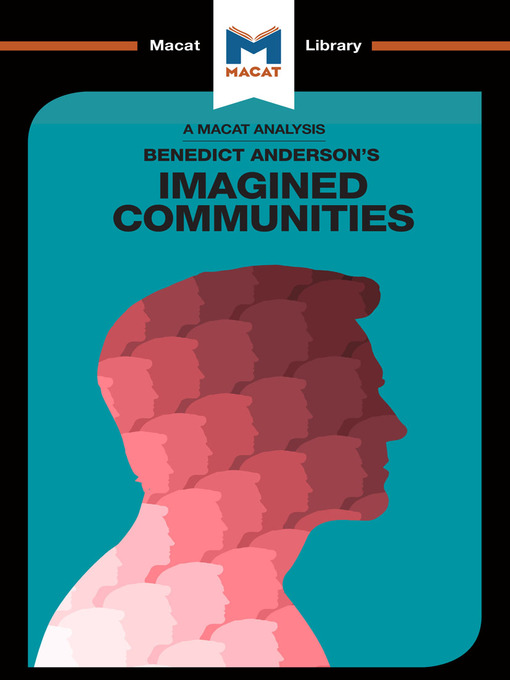Some people imagine that nationhood is as old as civilization itself, but Anderson argues that "nation" and "nationalism" are products of the communication technologies of the modern age. With the invention and spread of printing, local languages gradually replaced Latin as the language of print. Ordinary people could now share ideas of their own and, eventually, access the important emerging ideas of the Enlightenment. The wider availability of maps allowed people to see themselves as part of something beyond their immediate locality—as part of "imagined communities," or nations. And these communities then constructed the idea that there were "others" beyond their nations' borders.
- Available now
- New audiobook additions
- Most popular
- Try something different
- See all audiobooks collections

